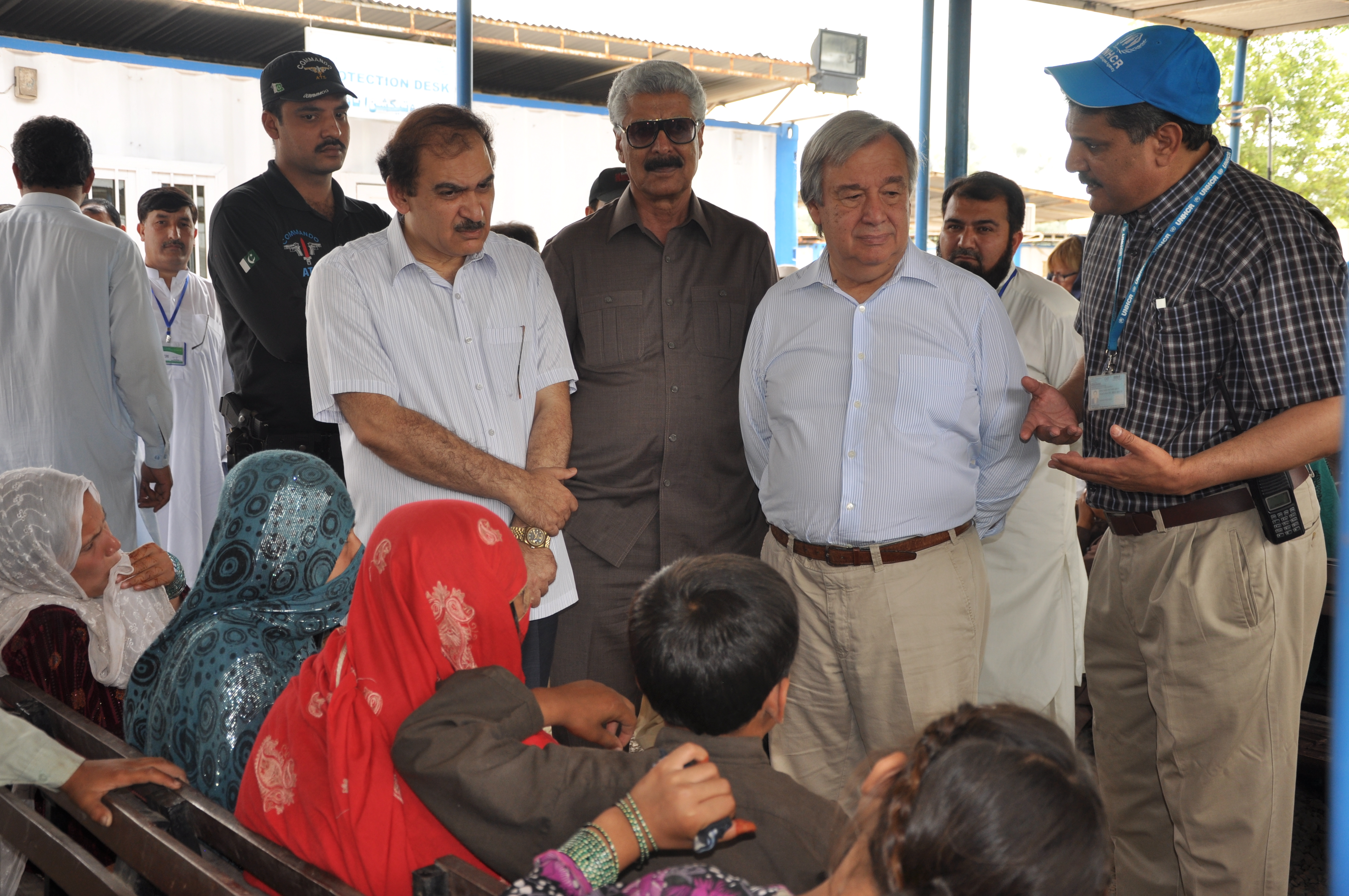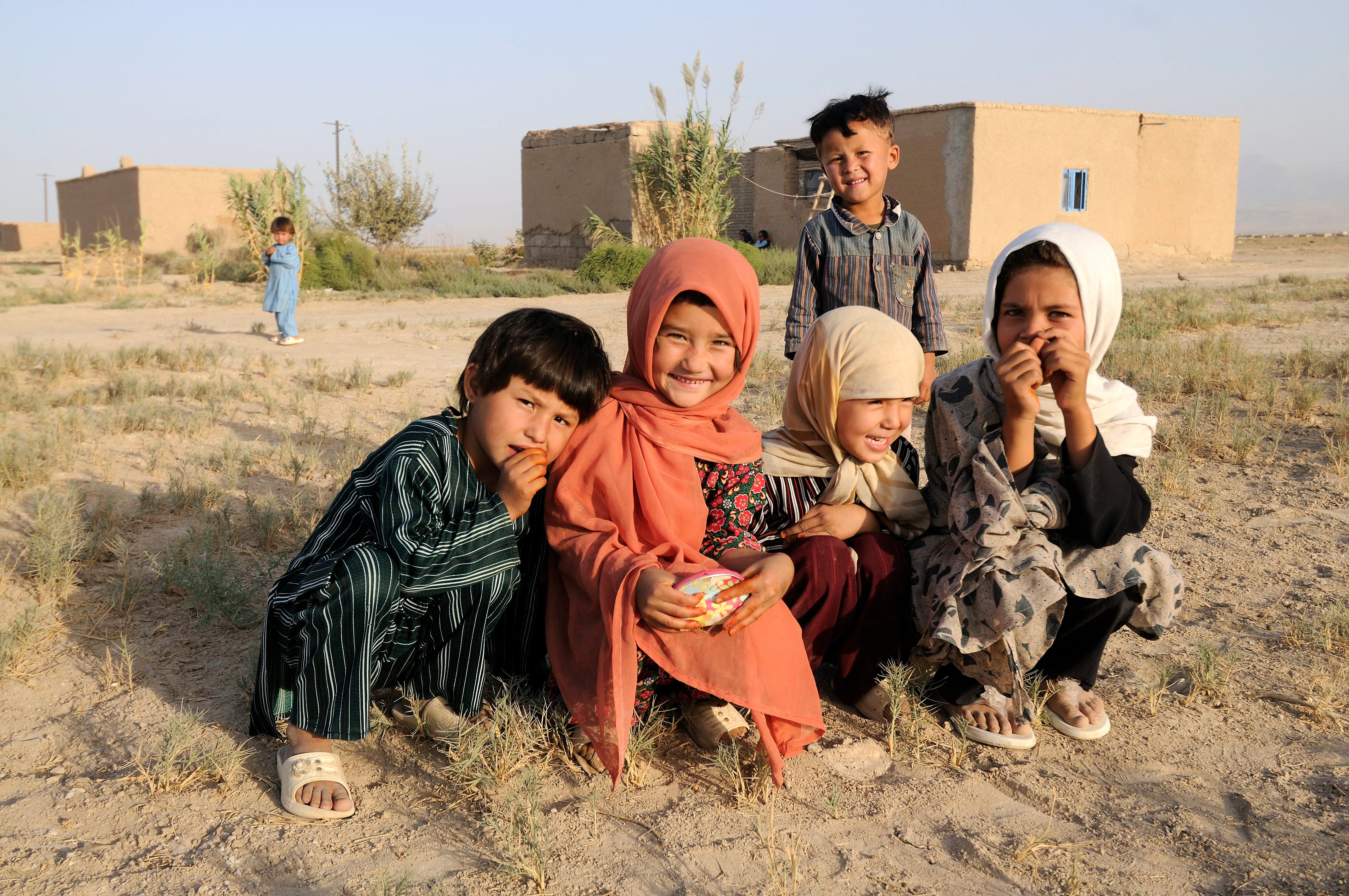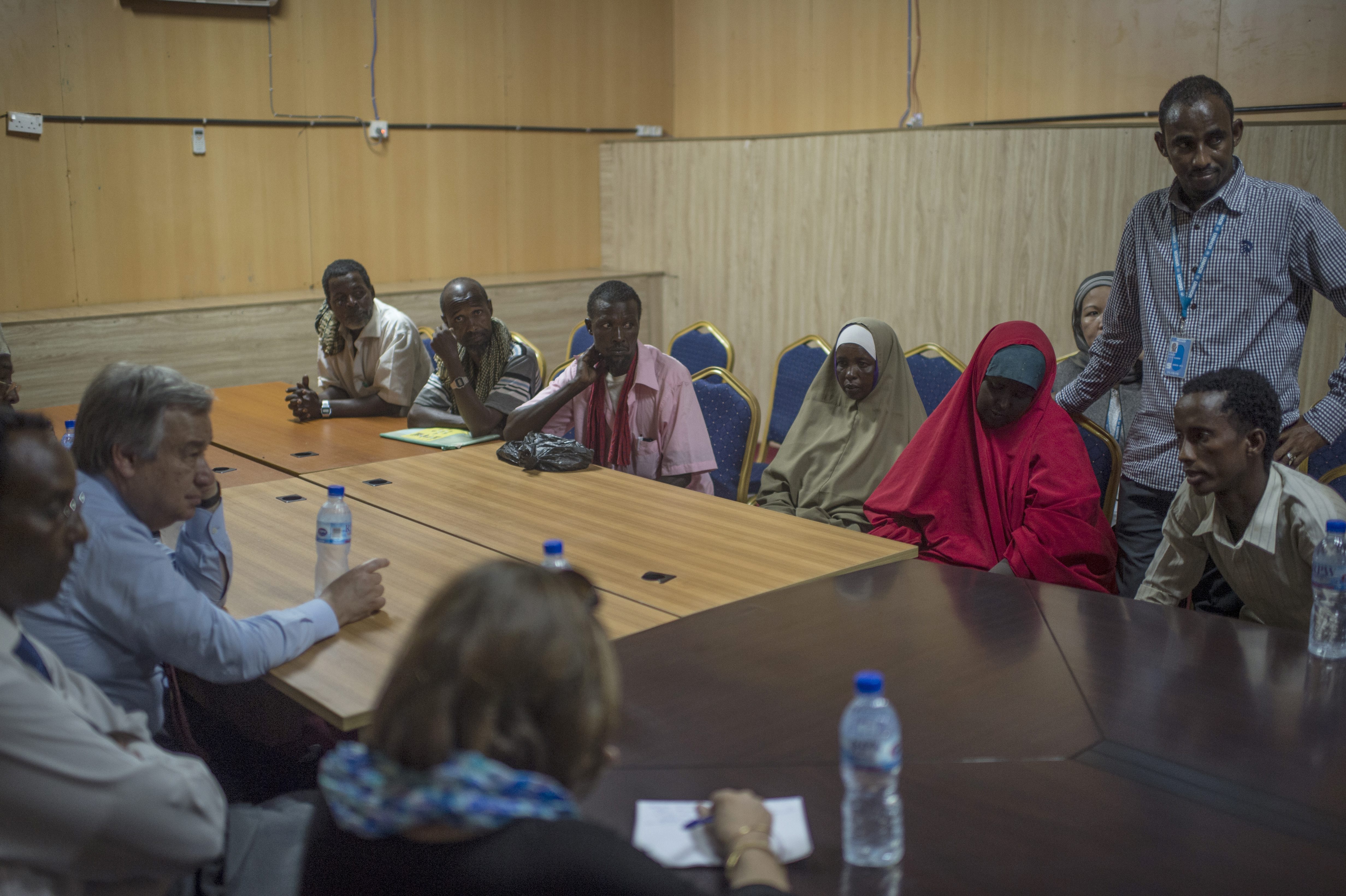UNHCR welcomes Tanzania's decision to naturalize tens of thousands of Burundian refugees
UNHCR welcomes Tanzania's decision to naturalize tens of thousands of Burundian refugees

KATUMBA, Tanzania, April 15 - UN High Commissioner for Refugee António Guterres has lauded Tanzania's landmark decision to grant citizenship to tens of thousands of Burundian refugees who fled to Tanzania in 1972.
During a visit by Guterres on Thursday to the Katumba ward in the south-west of the country, Tanzania's Home Affairs Minister Lawrence Masha told a gathering of so-called "1972 Burundian refugees" that the government had completed a naturalization exercise which began in 2008 and granted citizenship to 162,000 refugees. A further 53,600 of the 1972 Burundians opted to repatriate in 2008 and 2009 with help from UNHCR.
"Let me be the first person to welcome you as Tanzanians and not refugees," said Masha, who also posted the first formal notification list of Burundian refugees who were being granted citizenship.
Katumba was one of the three so-called "old settlements" inhabited by the 1972 Burundians. Similar notifications were simultaneously released in the two other settlements of Mishamo and Ulyankulu by senior Tanzanian immigration officials. The naturalized Burundians will now live among the general population.
Guterres praised the Tanzanian government for its "unprecedented generosity and courageous decision" to finding lasting solutions for these Burundian refugees. This is the first time that any state has naturalized such a large group of refugees under the protection of UNHCR in a single move.
"This is a historic moment and the best possible solution to these people and we are extremely happy", Guterres said, while expressing his "deep gratitude and appreciation" to the people and leadership of Tanzania.
The High Commissioner and Masha received a warm welcome in Katumba, where hundreds of people had gathered. The grateful and elated Burundians gave colourful performances of song and acrobatic dance for the visitors.
Festo Crispin, a representative for the refugees, thanked the government and pledged "that we shall be exemplary citizens," while adding that "we will continue to need your guidance and support until we are able to stand on our own."
The High Commissioner called on the international community to recognize Tanzania's generous gesture and appealed to donors to respond positively to ensure that the process of integrating its new nationals is successful. He urged other countries with long-standing refugee populations to follow Tanzania's example.
On Wednesday, Guterres toured the Nyarugusu camp in Kasulu, which is home to some 60,000 Congolese refugees who fled the conflict in eastern Democratic Republic of the Congo in the 1990s. He also witnessed a registration of a group of 1972 Burundian refugees who have settled in and around the town of Kigoma on Lake Tanganyika. The government has agreed to consider them for naturalization.
In the Tanzanian capital, Dar es Salaam, the High Commissioner met with Prime Minister Peter Pinda, who assured him of his government's commitment to integrate the naturalized Burundians into Tanzanian society.
Home Affairs Minister Masha had on Tuesday handed over the first naturalization certificates to three Burundian students, including Fidelitha Momenye, a final-year sociology student at the University of Dar es Salaam. The 25-year-old said it was an honour and privilege to be the first Burundian refugee from the old settlements to become a Tanzanian citizen.
"It's a milestone in my life which will open new opportunities," said Momenye. "I was born here, educated here, taught by Tanzanian teachers and helped by many Tanzanians all my life, I am ready to use my knowledge for the benefit of my country and community," she pledged.
Masha warmly welcomed the new nationals. "Effectively they have all the rights of every Tanzanian. They are free to go anywhere and enjoy the full benefits of citizenship. They are free to seek employment anywhere and free to continue life as normal Tanzanians," he stressed.
During his visit to Katumba, the High Commissioner talked to some of the families who have just been naturalized. Boas Yohana Majuto, a 52-year-old farmer who fled to Katumba in 1972 with his parents, told Guterres. "It is a unique and extraordinary feeling . . . I will be free to go anywhere in Tanzania and free to do whatever I want."
By Yusuf Hassan in Katumba, Tanzania






